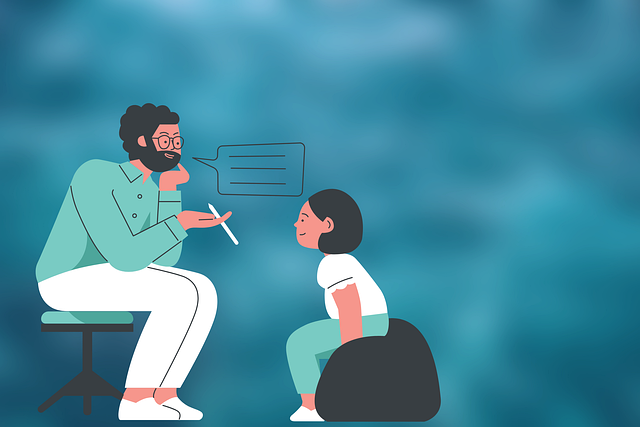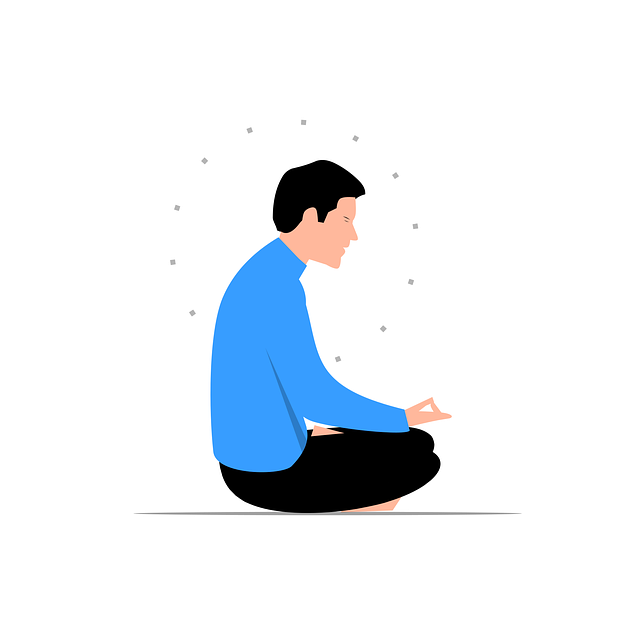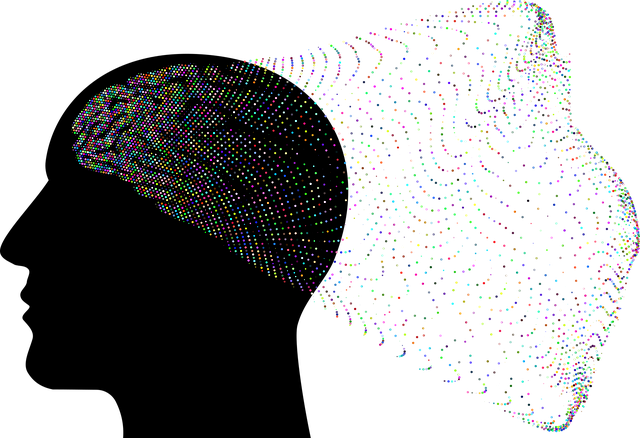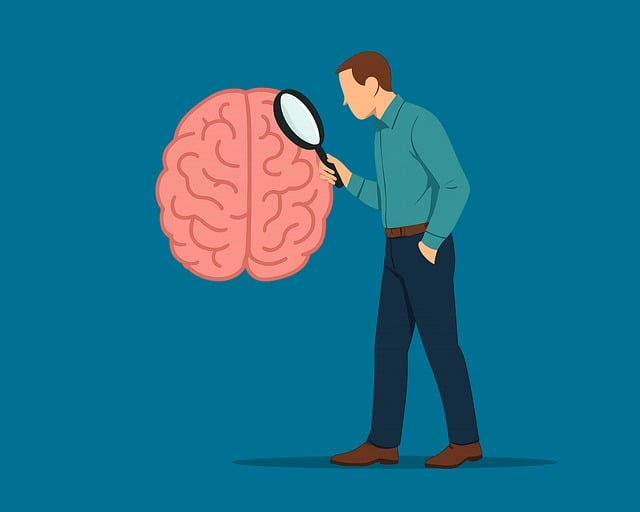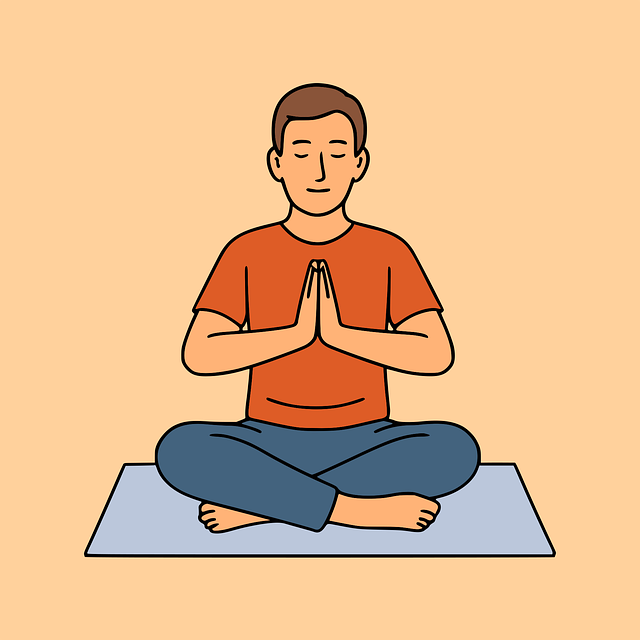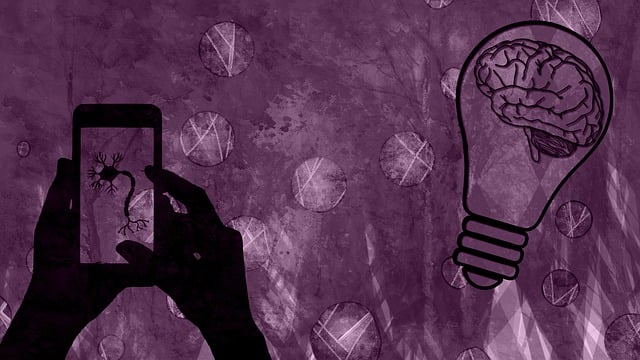Centennial Learning Disability Therapy (CLDT) plays a pivotal role in promoting mental wellness by fostering self-care routines that prioritize emotional healing and empathy for individuals with hidden disabilities like learning difficulties. This involves introspection, identifying personal needs, and recognizing unique challenges such as information processing issues. By integrating sensory and emotional experiences, structured goals, positive reinforcement, and personalized instruction, CLDT empowers individuals to develop resilience and adaptive coping mechanisms. Regularly reviewing and adjusting self-care routines, along with mental wellness coaching programs, ensures optimal well-being and fosters inclusive communities that support this population's unique needs.
“Uncover the secrets to fostering mental wellness through personalized self-care. In today’s fast-paced world, prioritizing your mental health is a game-changer. This article guides you on a journey to navigate and understand daily life’s impact on your mindset. We’ll explore identifying individual needs, especially those with potential Centennial Learning Disability Therapy considerations. Learn to craft an effective self-care routine, discover essential components, and adapt it for long-term mental wellness.”
- Understanding Mental Wellness and Its Impact on Daily Life
- Identifying Personal Needs and Potential Challenges
- Crafting a Self-Care Routine: Essential Components
- Integrating Centennial Learning Disability Therapy Techniques
- Sustaining and Adjusting Your Routine for Long-Term Wellbeing
Understanding Mental Wellness and Its Impact on Daily Life

Mental wellness is a vital aspect of overall health and well-being, encompassing our emotional, psychological, and social state. It affects how we think, feel, and act in daily life, influencing our ability to cope with stress, make choices, and relate to others. Understanding mental wellness involves recognizing that it’s not merely the absence of mental illness but a dynamic process that fluctuates over time.
In today’s fast-paced world, many individuals face challenges that can disrupt their mental balance, such as work pressures, academic demands, or personal struggles. This is where Centennial Learning Disability Therapy plays a crucial role in fostering self-care routine development for better mental health. By prioritizing emotional healing processes and implementing empathy-building strategies, one can cultivate resilience and enhance overall well-being. Such practices empower individuals to navigate life’s twists and turns with greater equanimity and self-compassion.
Identifying Personal Needs and Potential Challenges

Developing a mental wellness self-care routine starts with introspection and identifying personal needs. This process is particularly crucial for individuals with hidden disabilities like Centennial Learning Disabilities, which may manifest as challenges in processing information, focusing, or expressing oneself. Recognizing these unique needs is essential to creating an effective self-care plan. One way to begin is by reflecting on daily experiences and emotions; what activities bring a sense of calm? Are there certain practices that alleviate anxiety, such as mindfulness exercises or creative outlets? Understanding one’s emotional triggers and coping mechanisms is a cornerstone of self-care.
While cultivating compassion towards oneself is vital for mental wellness, it’s also important to be aware of potential challenges. For example, maintaining a consistent routine can be difficult due to life’s unpredictable nature. Public awareness campaigns development around mental health can offer support and educate others about the nuances of hidden disabilities. Through these initiatives, individuals can find communities that understand their struggles, fostering a sense of belonging and encouraging the adoption of effective self-care strategies, like Compassion Cultivation Practices, to navigate and overcome challenges.
Crafting a Self-Care Routine: Essential Components

Crafting a meaningful self-care routine is an empowering step towards enhancing mental wellness, especially for individuals navigating challenges like learning disabilities. Centennial Learning Disability Therapy emphasizes that a holistic approach to self-care involves integrating various sensory and emotional experiences tailored to individual needs. This might include dedicated time for physical activities, mindfulness practices, creative pursuits, or engaging in social connections.
A well-rounded routine should be flexible yet structured, allowing for consistency while accommodating unexpected changes. Incorporating elements from Public Awareness Campaigns Development can offer valuable insights into managing stress and fostering a positive mindset. Conflict Resolution Techniques and Crisis Intervention Guidance also play a role in building resilience and coping mechanisms, ensuring individuals have the tools to navigate life’s challenges effectively.
Integrating Centennial Learning Disability Therapy Techniques

Integrating Centennial Learning Disability Therapy (CLDT) techniques into your self-care routine can significantly enhance mental wellness for individuals with learning disabilities. CLDT focuses on building adaptive skills and fostering resilience, which are crucial components of overall well-being. By employing strategies such as structured goal setting, positive reinforcement, and personalized instruction, this therapeutic approach empowers individuals to navigate challenges more effectively.
Incorporating these techniques into daily life involves creating a supportive environment that encourages growth and acceptance. Community Outreach Program Implementation can play a vital role in promoting access to CLDT resources and fostering an inclusive society. Additionally, Mental Health Policy Analysis and Advocacy ensures that policies support the unique needs of individuals with learning disabilities, enhancing their ability to engage in confidence-boosting activities that contribute to their mental health journey.
Sustaining and Adjusting Your Routine for Long-Term Wellbeing

Developing a mental wellness self-care routine is an ongoing process that requires commitment and flexibility. It’s not just about finding activities that feel good in the moment; it’s about cultivating practices that support long-term wellbeing. This involves regularly reviewing and adjusting your routine to accommodate changing needs, life stages, and personal growth. For instance, what works during a stressful semester at university might need modification when entering a new job or navigating parenthood.
Centennial Learning Disability Therapy emphasizes the importance of individualized approaches. Similarly, considering your unique circumstances, interests, and challenges is key to sustaining a self-care routine. Engaging in regular mental wellness coaching programs development can be beneficial, focusing on inner strength development and self-esteem improvement. These programs often guide individuals through the process of identifying triggers, setting achievable goals, and adopting adaptive coping mechanisms – all of which contribute to a resilient and balanced mental health journey.
Developing a mental wellness self-care routine is a powerful tool for navigating life’s challenges. By understanding your unique needs and integrating techniques like Centennial Learning Disability Therapy, you can foster resilience and improve overall well-being. This journey involves crafting a personalized routine with essential components, such as mindfulness, exercise, and social connection. With consistent practice and occasional adjustments, your self-care routine will become a sustainable game-changer, allowing you to thrive in a bustling world.
